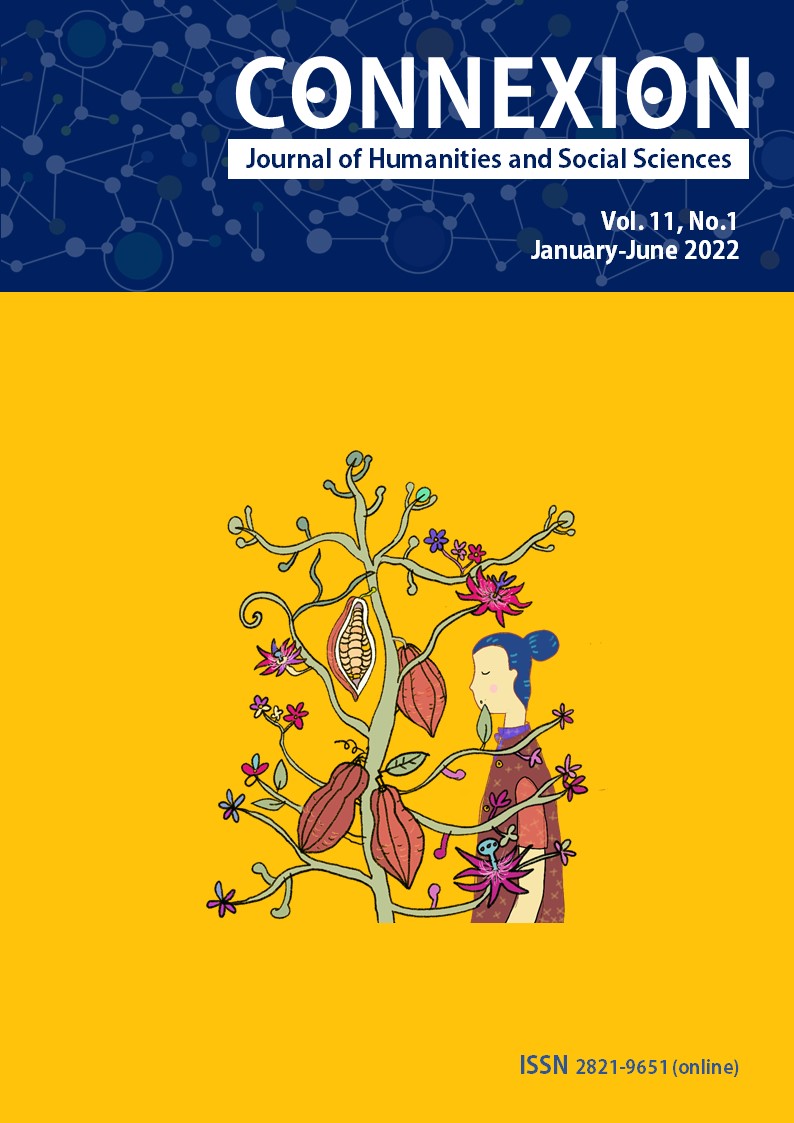An Exploratory Study of Fiscal Decentralization for Children and Youth Welfare
Main Article Content
Abstract
This research aims to explore the relationships of central, regional, and local administration in terms of fiscal revenues and budget decision; and to analyze the advantages and disadvantage of fiscal decentralization for providing social welfare for children and youth. The qualitative research method was used to explore the situation and construct a better understanding about the issues and the broader context on decentralization and public finance in Thailand. Key informants were selected for in-depth interviews according to their involvement in budget allocation for decentralization and social welfare for children and youth. The results indicate that central administration continues to play vital role in advocating policy through top-down approach to both regional and local administration, although decentralization is the key to ensure inclusive development of people’s quality of life, happiness and well-being. The decision making for budget allocation at decentralized level depends on whether the proposed plan aligns with the steering of the national strategies. The essence of being independent from central administration is still a myth due to the needs of the approval for planning and budget activities from the deconcentrated regional administration. Nevertheless, the opportunity to engage at decentralized level is applicable since the progress of decentralization has led to the increase in fiscal capacity for providing children and youth welfare at the local level. The key success factors for fiscal sustainability for children and youth welfare at local level include leadership skills, supporting agencies, technical support, local participation and evaluation.
Article Details

This work is licensed under a Creative Commons Attribution-NonCommercial-NoDerivatives 4.0 International License.
Copyright
Connexion: Journal of Humanities and Social Sciences has an exclusive right to publish the accepted articles in any form. However, the author retains the following rights:
1. The right to the ownership of the article;
2. The right to use all or part of the article in his/her other works;
3. The right to re-produce the article for personal use or for use in the author’s organisation, in which case the author must obtain permission from Connexion: Journal of Humanities and Social Sciences;
4. The right to make copies of all or part of the work for educational use or for the author’s use in classroom teaching; and
5. The right to include the work (both the preprinted and printed versions) in an institutional repository.
References
Blondal, J., & Kim, S. (2006) Budgeting in Thailand, OECD Journal on Budgeting, vol. 5, no. 3, pp. 7-36.
Bureau of the Budget. (2019) Thailand’s budget in brief: Fiscal year 2019, Bangkok: Bureau of the Budget.
Braun, V., & Clarke, V. (2006) Using thematic analysis in psychology, Qualitative Research in Psychology, vol. 3, pp. 77-101.
Clarke, V., & Braun, V. (2013) Teaching thematic analysis: Overcoming challenges and developing strategies for effective learning, The Psychologist, vol. 26, no. 2, pp. 120-123.
Jones, T. M., Donaldson, T., Freeman, R. E., Harrison, J. S., Leana, C. R., Mahoney, J. T., & Pearce, J. L. (2016) Management theory and social welfare: Contributions and change, The Academy of Management Review, vol. 41, no. 2, pp. 216-228. https://doi.org/10.5465/amr.2016.0012
Office of the National Economic and Social Development Board. (2019) National strategy 2018-2037, Available: http://nscr.nesdb.go.th/wp-content/uploads/2019/10/National-Strategy-Eng-Final-25-OCT-2019.pdf [20 February 2021]
Sangamporn, A., & Adiwattanasit, J. (2013) Municipality finance administration model that affects the development of the efficiency of local finance administration in the lower northeastern part of Thailand, EAU Heritage Journal, vol. 3, no. 2, pp. 139-150.
Supasawad C. (2009) Local governance in Thailand: The politics of decentralization and the roles of bureaucrats, politicians and the people, Japan: Institute of Developing Economies External Trade Organization.
Tatchalerm, S., & Achakorn, W. (2015) Disequalizing equalization grant: An assessment of the relationship between equalization grant and local fiscal capacity in northeast Thailand, Asian Affairs: An American Review, vol. 42, pp. 1-21.
Thailand Development Research Institute Foundation. (2016) Role of the Thai government in public services: Fiscal decentralization, Bangkok: TDRI.
Thomas, D., Theesfeld, I., & Buchenrieder, G. (2015) The political economy of decentralization in Thailand: How past and present decentralization affects rural actors’ participation, European Journal of Development Research, vol. 27, no. 5, pp. 793-810. https://doi.org/10.1057/ejdr.2014.68
United Nations Development Programme (UNDP). (2009) Improving the local administrative structure, Bangkok: United Nations Development Programme.
Varanyuwatana, S., & Laovakul, D. (2010) Progress of fiscal decentralization in Thailand, Impacts & Challenges of Decentralization Policy towards Democratization and Development (A Comparative Perspective between Thailand and Indonesia), Proceeding in International Joint Seminar, Yogyakarta, Indonesia: Laboratory of Governmental Studies, University of Muhammadiyah, 2010. Proceeding in International Joint Seminar, Yogyakarta Indonesia.
World Bank. (2012) Central-local government relations in Thailand: Improving social delivery, Bangkok: World Bank.


